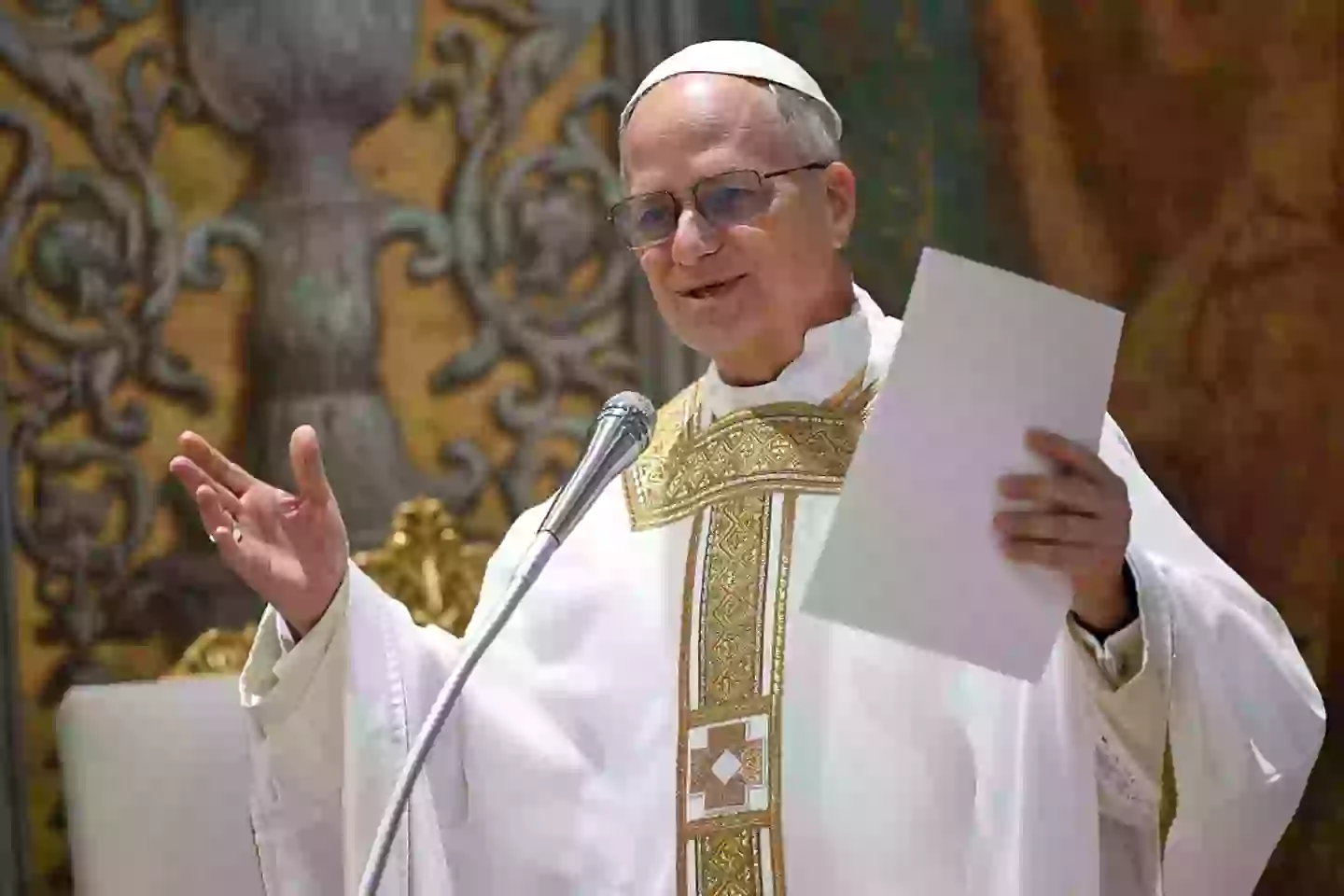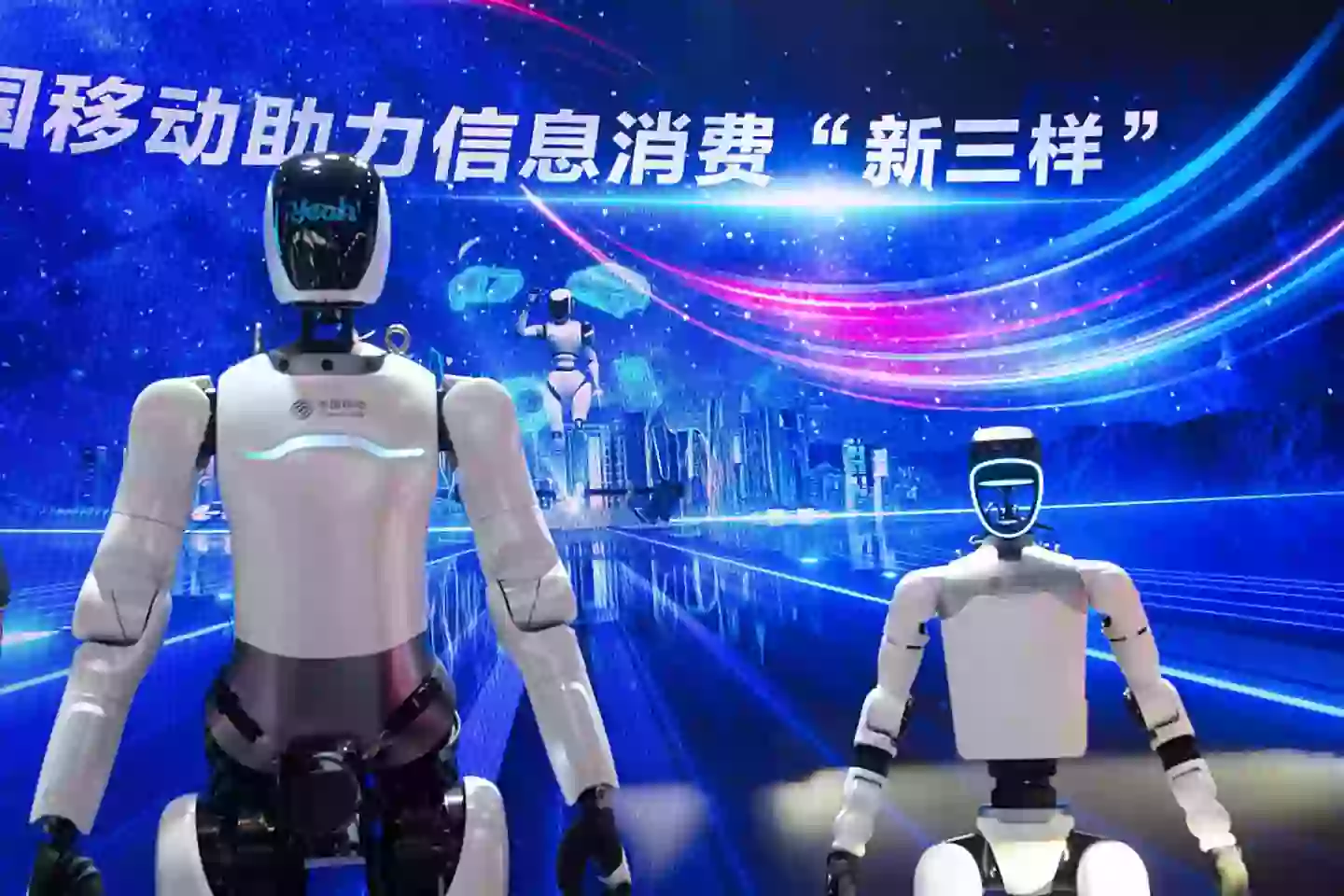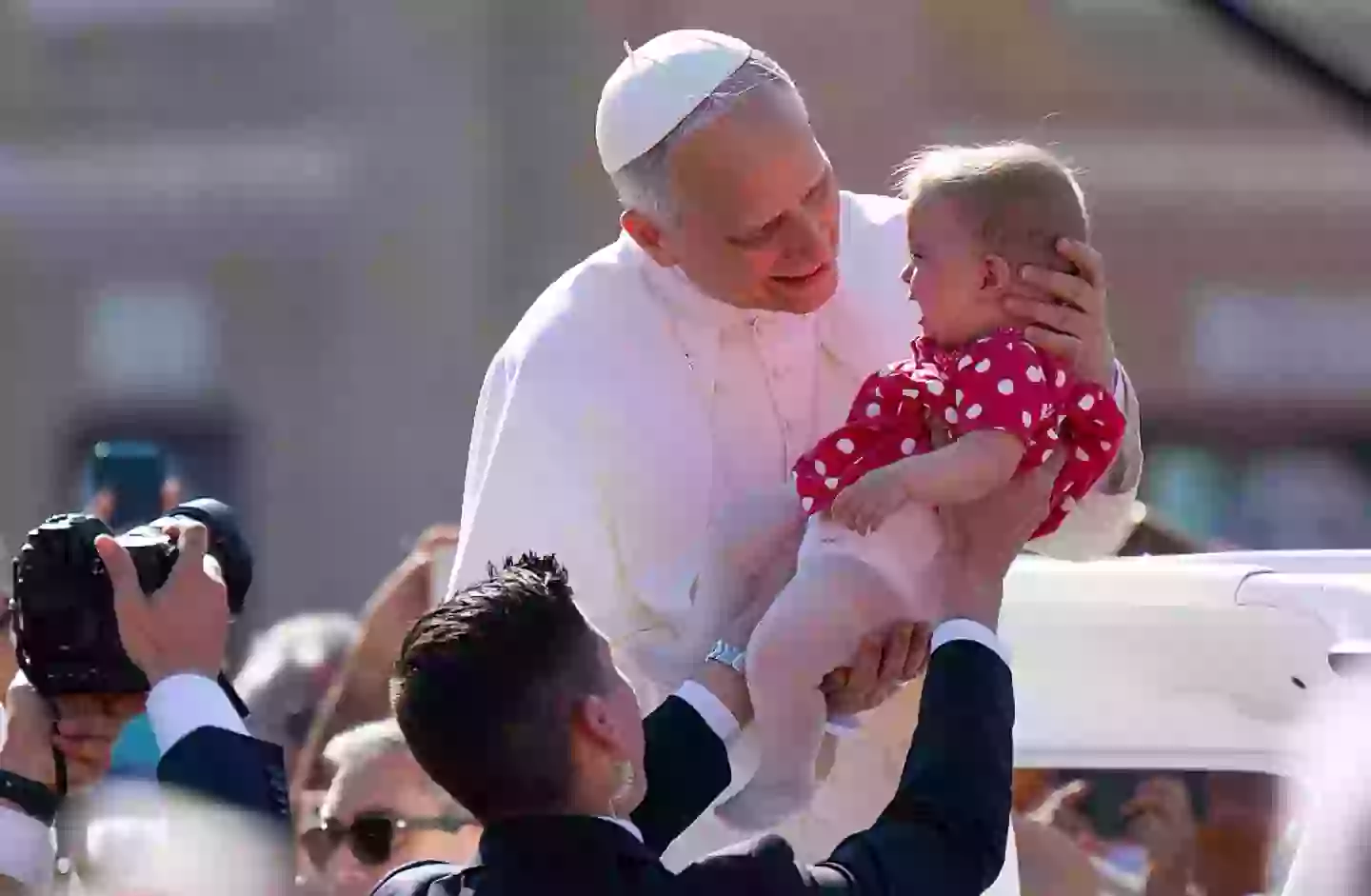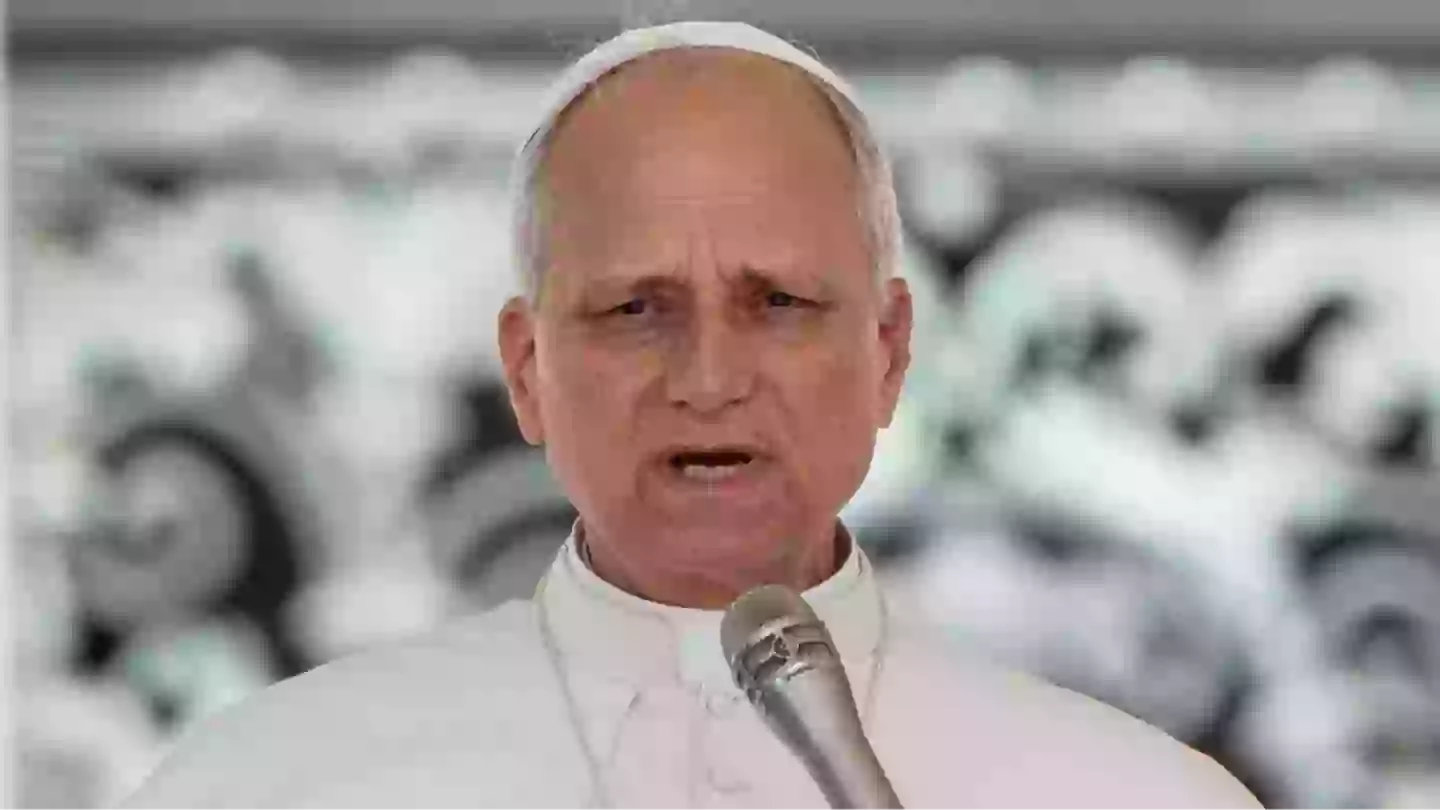Pope Leo has delivered a strong caution regarding the future of artificial intelligence, calling for significant changes in how it is approached.
Artificial intelligence continues to transform the world, and there is growing evidence that it is already influencing work environments.
Some experts have started to express concerns about its implications for future generations. Certain economists are recommending that young people consider careers in traditional trades, such as plumbing, electrical work, and decoration, which are likely to remain in demand and require human skills.
Renowned thinkers such as Stephen Hawking and Bill Gates have also voiced concerns about the pervasive threat posed by this technology.
Recently, Pope Leo has entered the ongoing debate, indicating his deep concern on multiple occasions.

Since assuming the position on May 8, the Chicago-born leader of the Roman Catholic Church has been vocal about his concerns.
He has emphasized the need for the Church to advocate for workers’ rights worldwide. He stated: “In our own day, the Church offers everyone the treasury of its social teaching in response to another industrial revolution and to developments in the field of artificial intelligence that pose new challenges for the defense of human dignity, justice, and labor.”
Recently, he has once again addressed the issue, this time highlighting the potential negative effects AI could have on the intellectual, neurological, and spiritual development of young people.
At a significant conference on AI ethics, partly held at the Vatican, Pope Leo underscored his apprehension regarding the new technology and its potential impact on humanity.

“All of us, I am sure, are concerned for children and young people, and the possible consequences of the use of AI on their intellectual and neurological development,” he expressed.
He emphasized the need to assist, rather than obstruct, young people on their path to maturity and genuine responsibility, describing them as “our hope for the future.”
“Society’s well-being depends upon their being given the ability to develop their God-given gifts and capabilities. In the end, authentic wisdom has more to do with recognising the true meaning of life, than with the availability of data.”
The pope was reportedly pleased that the conference took place at the Apostolic Palace, as it symbolized the Church’s commitment to engaging in discussions that impact the present and future of humanity.

He noted that while AI is “undoubtedly an exceptional product of human genius,” it remains “above all else, a tool.”
Cardinal Robert Francis Prevost chose the papal name Pope Leo XIV, referencing the potential threat posed by AI.
The original Pope Leo XIII assumed the role at the start of the Industrial Revolution and prioritized workers’ rights and human dignity.
Pope Leo’s recent statements echo the sentiments of his predecessor, the late Pope Francis, who also warned about AI during his 12-year tenure.
Pope Francis had previously called for a global treaty to regulate AI, urging world leaders and politicians to ensure that crucial decisions remain in human hands.

